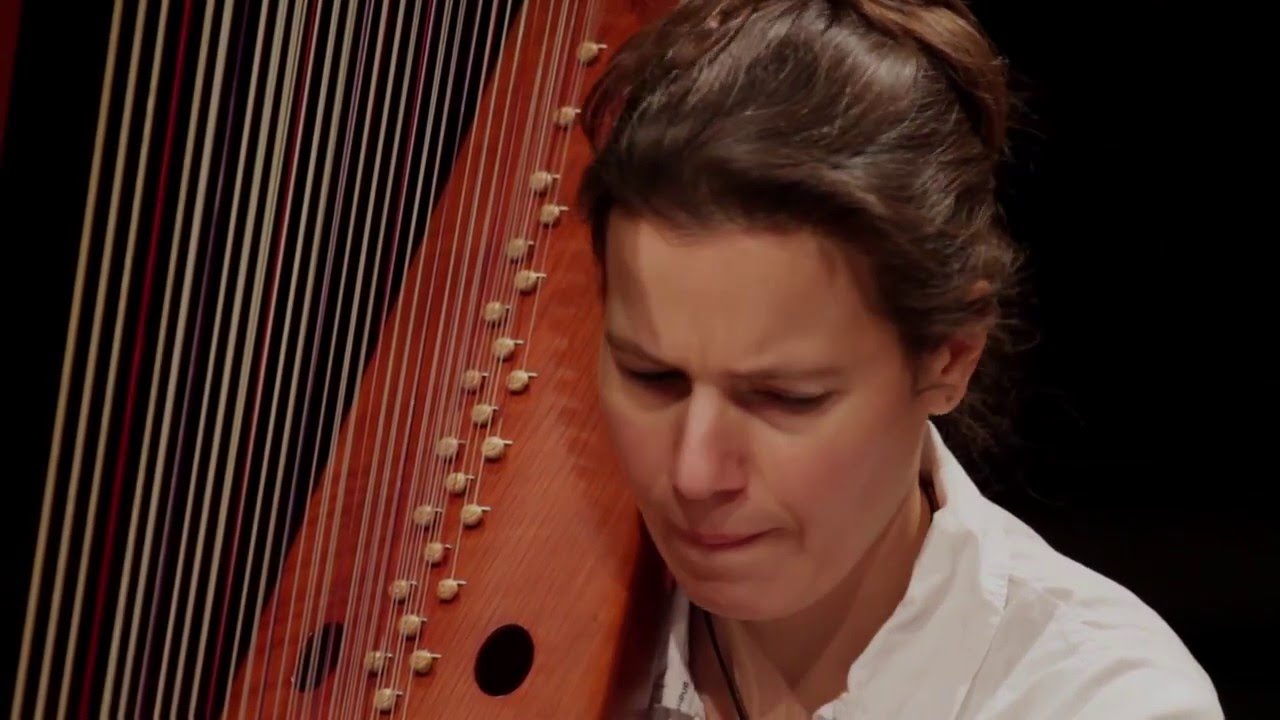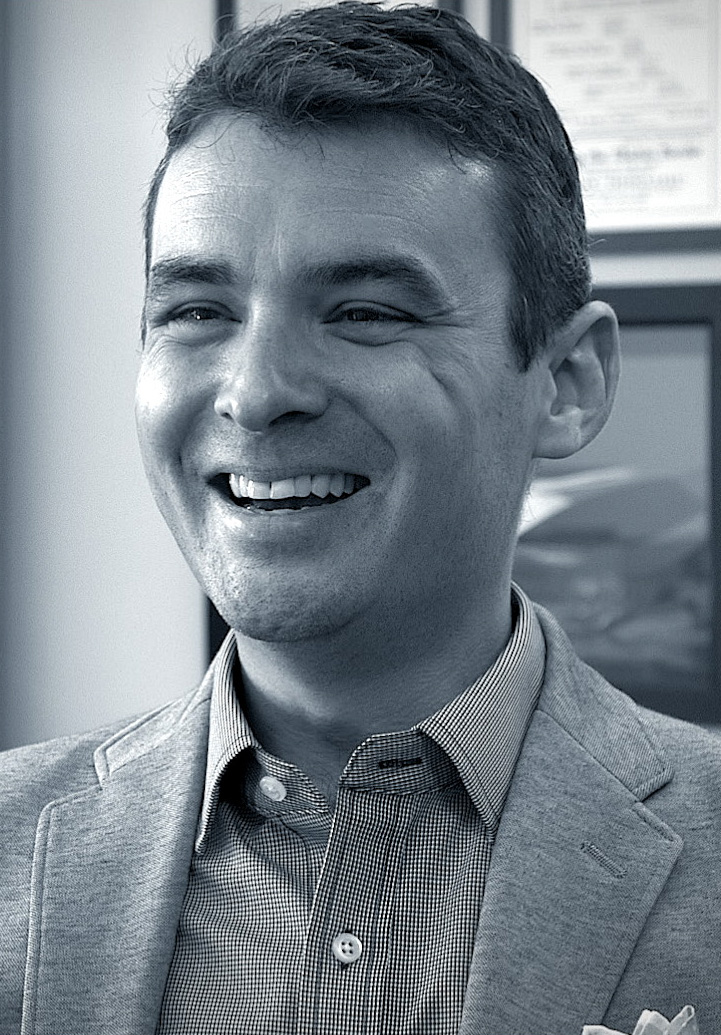For the last 10 years, I’ve spent nearly every waking hour thinking about early music, as the administrative director of Juilliard Historical Performance. So I could not let the opportunity to share songs with the erudite NYFOS audience pass by without at least one example of repertoire from whence it all started. This is a piece from the early days of sung drama by Giulio Caccini. It’s from a set of songs called Le nuove musiche (The New Music) that aimed to explore new possibilities of expression. Imagine being there for the first time this piece was ever heard!
So, early music. Why do I still feel the need to defend it? Can we just agree once and for all that it’s music, and needs no adjective? That it can speak to us as directly now as we assume it did when it was new, just like Beethoven, Brahms, or Stravinsky. (No one seems to think that Shakespeare is irrelevant because we don’t talk that way anymore, or Michelangelo’s David is less expressive because marble is just soooo 15th century.) Here I must quote my esteemed colleague, the great Baroque violinist Robert Mealy: “All music of the past, whether from 1950 or 1650, is historical performance today: for all of us, we’re trying to understand how to speak these other musical languages as eloquently and as passionately as possible. The basic philosophy of 17th- and 18th-century historical performance is that it’s easier to make this music come alive if we use the tools that were designed for this music.” Amen.



0 Comments